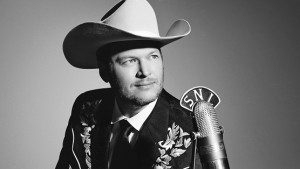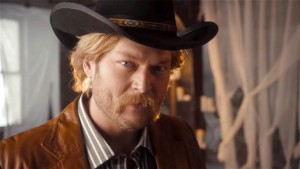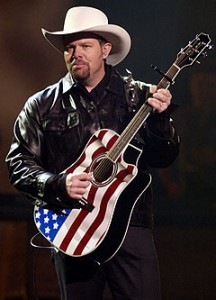 Country music took the stage on Saturday Night Live on Saturday, January 24, when Blake Shelton acted as host and musical talent. Shelton, 2014 CMA Male Vocalist of the Year award winner and The Voice coach, was his usual charming self and used his witty humor to mock the genre he has mastered. The Washington Post reported that Shelton is the first country artist to host SNL since Taylor Swift in 2009, proving that Shelton is the face of country music and a big part of pop culture.
Country music took the stage on Saturday Night Live on Saturday, January 24, when Blake Shelton acted as host and musical talent. Shelton, 2014 CMA Male Vocalist of the Year award winner and The Voice coach, was his usual charming self and used his witty humor to mock the genre he has mastered. The Washington Post reported that Shelton is the first country artist to host SNL since Taylor Swift in 2009, proving that Shelton is the face of country music and a big part of pop culture.
Shelton’s lack of acting experience was apparent but the writers catered to his strengths by using his country background in the Opening Monologue and reenacting Hee-Haw, a hillbilly classic comedy that Shelton grew up watching. I’ve never seen Hee-Haw, but it was easy to follow the sketch. However, I did not really enjoy it. SNL turned it into slapstick humor with portrayal of “simple” country folks that wasn’t funny. The “Old Coot” referred to taking his sister out for their anniversary.Shelton also appeared in a very entertaining The Bachelor spoof, “Farm Hunk.” Shelton’s musical performances of “Neon Trees” and “Boys Round Here” were easily two of the best parts of the show. Both performances gave the show a burst of energy. Shelton’s vocals were in perfect pitch and his stage presence demonstrated why he is such a big name in the country genre. However, the segment that stole the night was a spoof titled “Wishin’ Boot.”
There is no doubt that “Wishin’ Boot,” a parody of country ballads and music videos, was the nights’ best comedy sketch. In the music video, we see a dingy room and crying girls, which commonly appear in country music videos. Joined by Kate McKinnon and Aidy Bryant, the premise of “Wishin’ Boot” is that in times of need, a magical cowboy boot will solve all your problems. As the song says, “it’s hope in the form of a little ol’ dirty boot.” What worked about this sketch was Shelton’s ability to shine a light on the stereotypes of country and play with the norms of the genre. The video starts out with McKinnon lamenting poverty stricken life, mocking the norm of hardship. She is then blessed by a “wishin’ boot”, poking fun at the faith that country songs often reference.
 Shelton obviously enjoyed himself and effectively used his vocal skills and natural sense of humor. However, based on the Hee-Haw skit, I question whether the writers really appreciate the dominant position the country genre has in the music industry today. Maybe the 15% increase in ratings – likely due to Shelton’s presence – will convince them.
Shelton obviously enjoyed himself and effectively used his vocal skills and natural sense of humor. However, based on the Hee-Haw skit, I question whether the writers really appreciate the dominant position the country genre has in the music industry today. Maybe the 15% increase in ratings – likely due to Shelton’s presence – will convince them.


